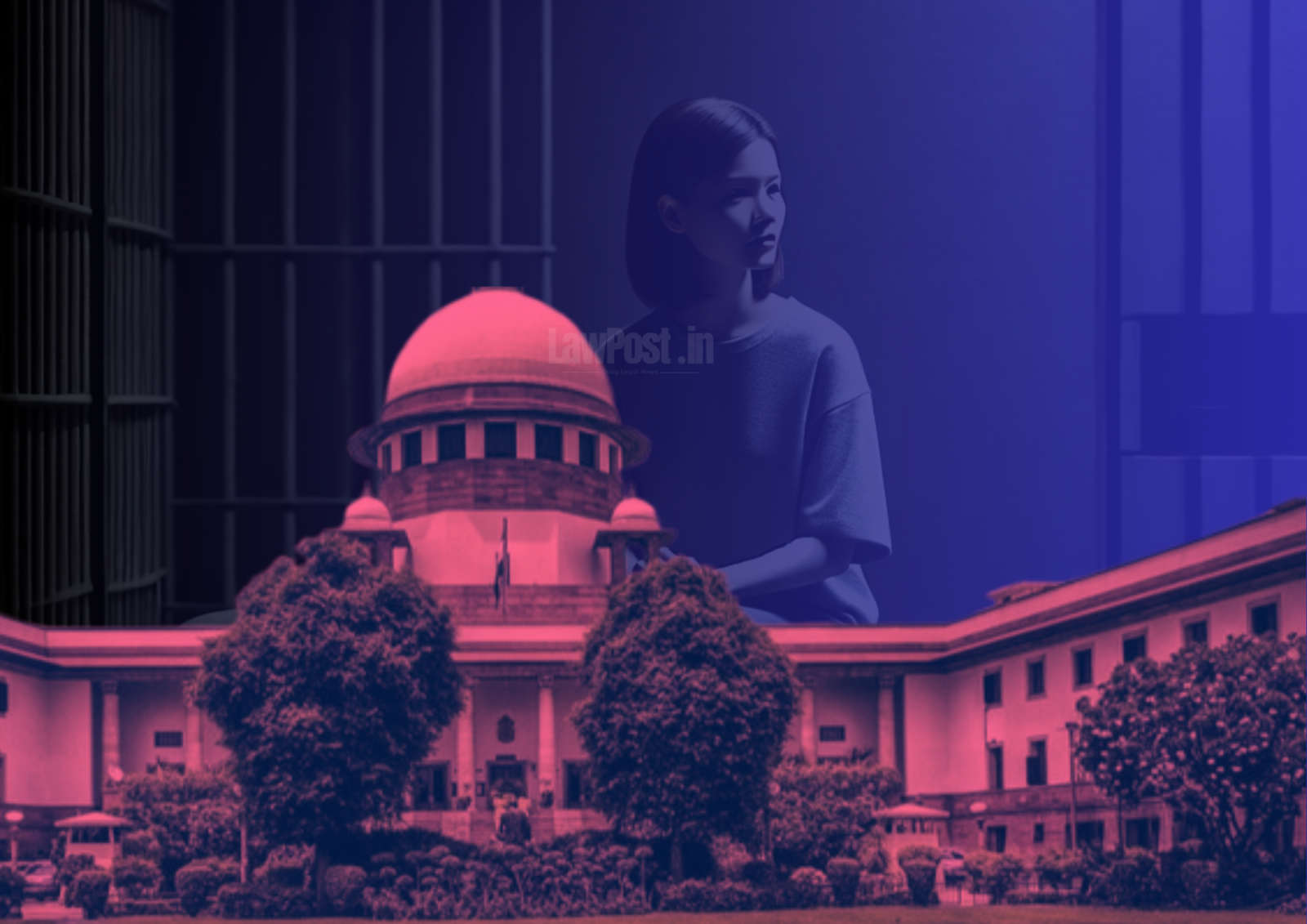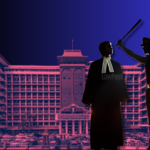Bench emphasizes proactive action under BNSS to alleviate prison overcrowding
The Supreme Court, in a landmark hearing on overcrowding and inhumane conditions in Indian prisons, has called for special efforts to identify women undertrial prisoners eligible for release under Section 479(1) of the Bharatiya Nyaya Suraksha Sanhita, 2023 (BNSS).
A Bench comprising Justices Hrishikesh Roy and SVN Bhatti, while hearing the suo motu case In Re: Inhuman Conditions in 1382 Prisons, stressed the need for proactive measures by jail authorities to ensure that eligible female inmates benefit from the provision.
“Although the provisions of Section 479 of the BNSS are gender neutral, it is also necessary for this Court to say that special efforts should be made to identify women prisoners who are entitled to release under the beneficial provision,” the Bench observed.
The Court underscored the responsibility of jail superintendents to personally ensure that female prisoners, particularly those with prolonged incarceration and potential eligibility for release, are identified and considered. It remarked,
“When such a beneficial provision for release of those incarcerated for long periods in jails is made available by the legislature, all stakeholders must bear in mind that justice must extend to the last person, who might be standing unheard and unseen within the four walls of jails.”
Section 479 Explained
Section 479 of the BNSS allows for the release of first-time offenders who have undergone detention for up to one-third of the maximum imprisonment period prescribed for their alleged offences. The provision aims to alleviate overcrowding in prisons and uphold the fundamental right to liberty guaranteed under Article 21 of the Constitution.
The Bench highlighted the plight of women prisoners, particularly those incarcerated with children, and emphasized the need for justice to reach even the most marginalized.
“It is about that solitary case also where liberty is denied. See what is the case about women. We have visited jails and we have seen women with children in the jail itself. They are growing up in jail,” the Court remarked, adding that even undertrials initially accused of heinous crimes could have charges framed for lesser offences later.
Compliance Issues
While 27 states and union territories have submitted responses in the matter, the Court pulled up the States of Uttar Pradesh, Bihar, Tripura, and Goa for failing to comply. These states have been given two weeks to file their responses.
The Court also criticized Uttar Pradesh for not submitting a compliance report, despite repeated directions. It reminded all stakeholders of their duty to uphold constitutional rights, stating,
“The issue involves the fundamental right to liberty under Article 21. All stakeholders must discharge their duties expeditiously.”
Path Forward
The next hearing in the case is scheduled for December 10, with Senior Advocate Gaurav Agrawal serving as Amicus Curiae. The Court emphasized that the timely release of eligible undertrial prisoners is a crucial step towards addressing the issue of overcrowding in jails.
This case is part of the Court’s ongoing efforts to ensure humane conditions in prisons, reflecting its commitment to safeguarding the rights of even the most vulnerable sections of society.








